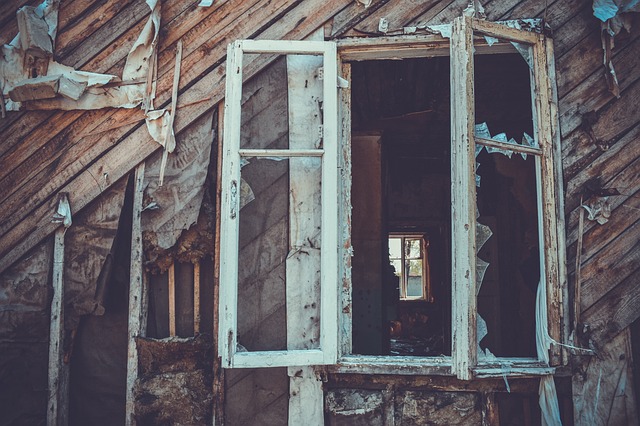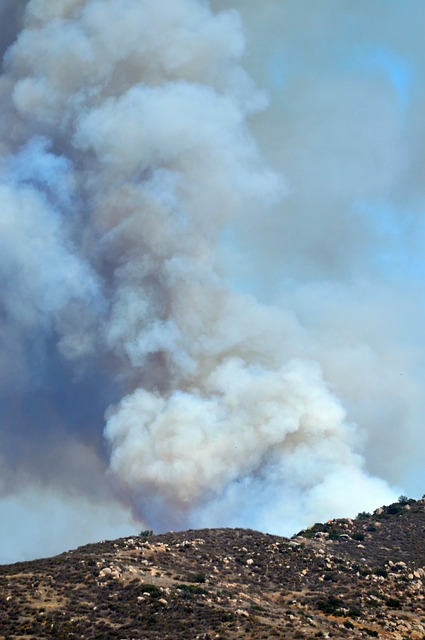Real estate investors play a vital role in post-fire recovery in California by rehabilitating damaged properties, boosting housing diversity, and ensuring resilient communities. Selling a house after a fire in California involves navigating complex processes like insurance limitations, repair costs, and a competitive market. Effective strategies include marketing properties as renovation opportunities, leveraging digital platforms, offering flexible financing, and consulting specialists. Legal complexities require permits, due diligence, structural reports, and title searches. Case studies highlight the importance of transparent communication and renovation opportunities for successful transactions in wildfire-prone areas. Key SEO keywords: sell house after fire California.
“In the aftermath of a fire, homeowners in California often wonder about the potential of their property and strategies to sell it. This article guides you through the intricate world of real estate investing, specifically focusing on California’s housing market. We explore the role and impact of investors, offering a comprehensive understanding of the challenges and opportunities when selling a house after a fire. From strategies to attract investors to legal considerations, this is your one-stop resource for navigating post-fire real estate transactions in California.”
- Understanding Real Estate Investors: Their Role and Impact in California's Housing Market
- The Challenges of Selling a House After a Fire: A Comprehensive Guide for Homeowners in California
- Strategies for Attracting Real Estate Investors to Post-Fire Properties in California
- Legal Considerations and Due Diligence for Real Estate Transactions Following a Fire in California
- Case Studies: Successful Sales of Houses After Fires in California – Lessons Learned for Investors
Understanding Real Estate Investors: Their Role and Impact in California's Housing Market

Real estate investors play a pivotal role in shaping California’s housing market, particularly in areas affected by natural disasters like wildfires. When a home is damaged or destroyed by a fire, these investors step in to help rebuild and revitalise communities. They acquire properties at various stages—from post-fire debris to reconstructed residences—and either rehabilitate them for resale or flip them for profit. This influx of investment can accelerate the recovery process, filling gaps left by traditional buyers who may be hesitant to enter a devastated market.
Moreover, real estate investors contribute to California’s housing diversity and accessibility. They often target undervalued areas, recognising their potential for growth. In the aftermath of a fire, this could mean investing in rebuilding infrastructure and encouraging new development, which increases housing stock and potentially lowers prices for future residents. The impact is twofold: not only does it provide temporary accommodation for those displaced by fire but also ensures that communities are resilient and attractive to long-term occupants, especially when the market recovers.
The Challenges of Selling a House After a Fire: A Comprehensive Guide for Homeowners in California

Selling a house after a fire can be an incredibly challenging and emotional process for California homeowners. The physical damage caused by a blaze often leaves behind significant repairs, making it difficult to list and sell the property promptly. Insurance claims, while helpful in covering costs, might not always fully compensate for the loss, leaving the owner responsible for any remaining expenses. This complex scenario demands careful navigation and strategic planning.
California’s real estate market, known for its competitiveness, adds another layer of stress. Homeowners must compete with a variety of buyers, each with their own set of expectations. The challenge lies in presenting a damaged home in the best light, accurately assessing repair costs, and negotiating terms that are fair both for the seller and buyer. A comprehensive guide is essential to help homeowners understand the process, from preparing the house for sale to dealing with potential buyers, ensuring a smoother transition during this difficult time.
Strategies for Attracting Real Estate Investors to Post-Fire Properties in California

After a fire, California’s real estate landscape presents unique opportunities and challenges for investors. To attract investors to post-fire properties, it’s crucial to highlight the potential for transformation and resilience. Many buyers seek hidden gems with renovation possibilities, seeing not just a damaged structure but a blank canvas for their dream homes. Emphasizing the local community’s recovery efforts and any available financial incentives for rebuilding can further entice investors.
Effective marketing strategies play a vital role. Utilizing digital platforms to showcase before-and-after renovations provides visual proof of post-fire properties’ potential. Networking within investor circles and partnering with real estate agents specializing in fire-damaged properties can also draw attention. Offering flexible terms and considering creative financing options cater to investors’ diverse needs, fostering a sense of collaboration in revitalizing affected communities.
Legal Considerations and Due Diligence for Real Estate Transactions Following a Fire in California

After a fire, real estate transactions in California involve unique legal considerations and heightened due diligence. When a property owner decides to sell their house after a fire, they must navigate complex issues related to insurance claims, liability, and potential rebuilding requirements. The first step is ensuring all necessary permits for demolition or reconstruction have been obtained from local authorities, who may inspect the site to verify compliance with building codes.
Due diligence becomes even more critical in these situations. Prospective buyers should thoroughly review the property’s history, including any previous insurance claims, structural reports, and assessments of potential environmental hazards. Legal experts recommend conducting a comprehensive title search to identify any liens or outstanding issues related to the property. Additionally, buyers may want to consult with specialists who can assess the extent of fire damage, provide estimates for rebuilding costs, and advise on potential legal risks associated with purchasing a property in such a condition.
Case Studies: Successful Sales of Houses After Fires in California – Lessons Learned for Investors

In California, where wildfires have become an increasingly prevalent threat, understanding how to navigate the sale of homes post-fire is invaluable for real estate investors. Case studies examining successful sales of houses after fires offer a wealth of insights and lessons. For instance, proactive communication with both potential buyers and neighbors about the fire’s impact and subsequent repairs is crucial. This transparency not only sets realistic expectations but also fosters trust, which can be beneficial in a market where scarcity and uncertainty often drive prices.
Additionally, investors should recognize the opportunity for renovation and redevelopment. Post-fire properties may present unique architectural possibilities or the chance to incorporate modern safety features, appealing to eco-conscious buyers. Efficient project management and adherence to local rebuilding codes can result in attractive, updated homes that sell at premium prices. These case studies underscore the importance of adaptability, quick decision-making, and a deep understanding of the local market for successful sales of houses after fires in California.
In conclusion, real estate investors play a pivotal role in California’s housing market, especially in post-fire scenarios. By understanding their unique challenges and employing effective strategies, homeowners can successfully navigate the sale of their properties. This article has provided valuable insights into the due diligence required, legal considerations, and successful case studies to guide both investors and homeowners when selling a house after a fire in California. These steps are crucial for ensuring a smooth transition and maximizing the potential of post-fire real estate opportunities.






